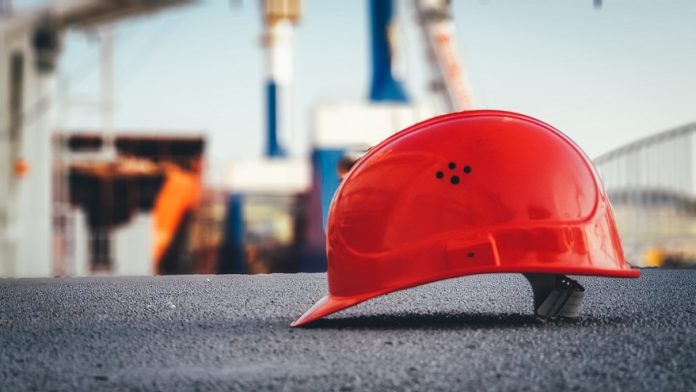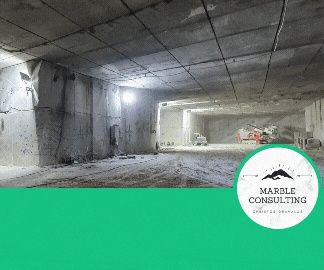U.S. construction spending recorded a significant decrease in May, falling 3.5% year-on-year — the largest annual drop since February 2019, according to data released by the Associated General Contractors of America (AGC). On a monthly basis, overall spending slipped 0.3% from April, marking the fourth consecutive monthly decline.
The AGC attributes the slowdown primarily to delays and cancellations in private sector projects, driven by uncertainty surrounding key policy areas such as tariffs, taxation, immigration, and labor availability.
Public Spending Steady, Private Sector Activity Weakens
While public construction spending showed a modest 0.1% increase compared to April and a 3.3% rise year-on-year, this growth was not sufficient to offset broader declines in private investment. Public sector gains were led by marginal increases in spending on educational facilities (+0.1%) and transportation infrastructure (+0.6%).
In contrast, the private sector posted widespread declines:
-
Private residential construction fell by 0.5% month-on-month and 6.7% year-on-year.
-
Private nonresidential construction dropped 0.4% in May and 3.9% from a year earlier.
-
Monthly declines were also recorded in power projects (-0.6%), warehouse, retail, and agricultural construction (-0.8%).
“Public sector demand remains relatively solid, but it’s not enough to counteract the pullbacks we’re seeing in private construction,” said Ken Simonson, AGC’s chief economist.
Policy Clarity Seen as Critical for Recovery
The AGC emphasized that persistent uncertainty over U.S. economic policy is deterring investment decisions. Developers are increasingly cautious as they await clarity on trade disputes, tax frameworks, and immigration rules that directly impact the cost and feasibility of new construction.
“The more certainty there is in the market, the more likely private sector developers are to move forward with planned projects,” said AGC CEO Jeffrey D. Shoaf.
The association is urging federal policymakers to avoid imposing higher taxes on construction, resolve ongoing trade tensions, ease restrictions on workforce immigration, and invest in vocational training programs to address labor shortages in the sector.
According to Shoaf, “Washington can help stabilize the market by setting clear tax policies, resolving trade disputes, and addressing the severe shortage of construction labor.”






































